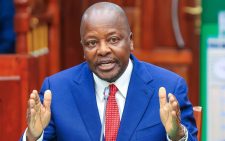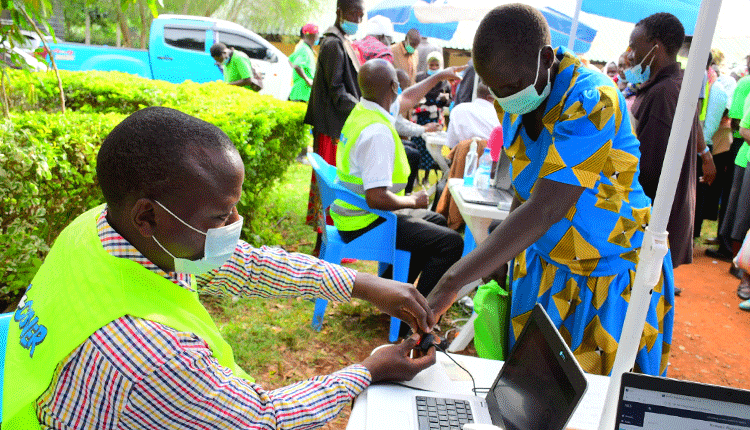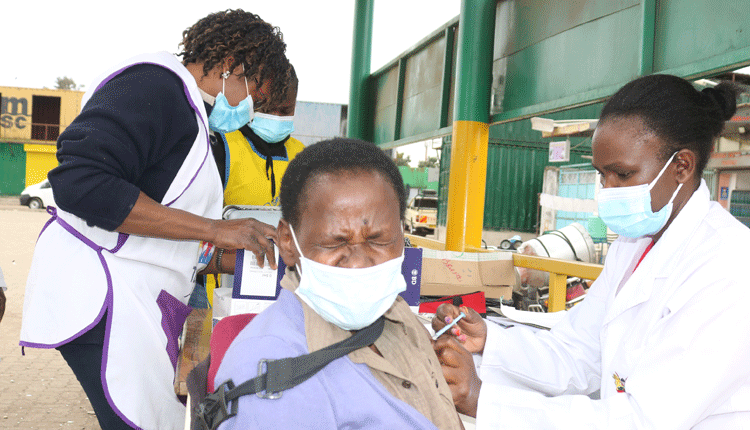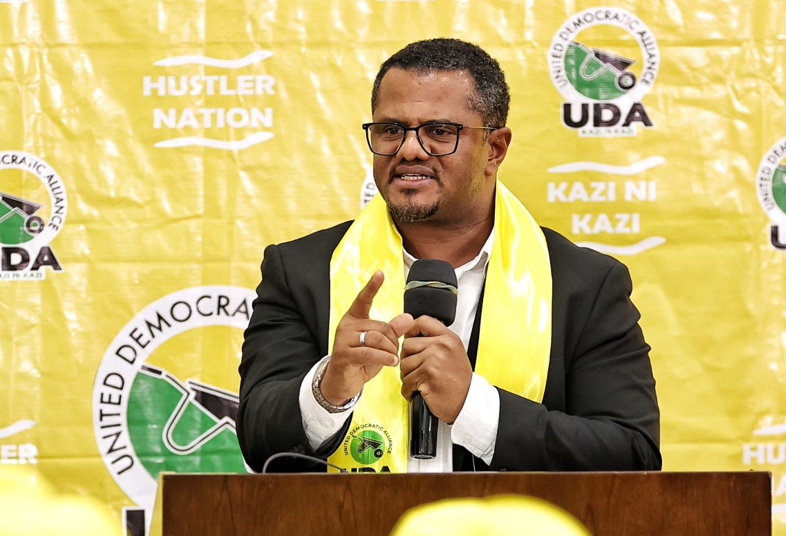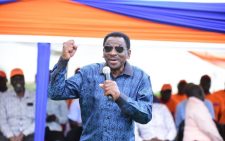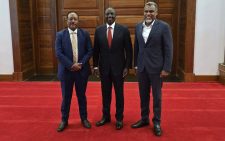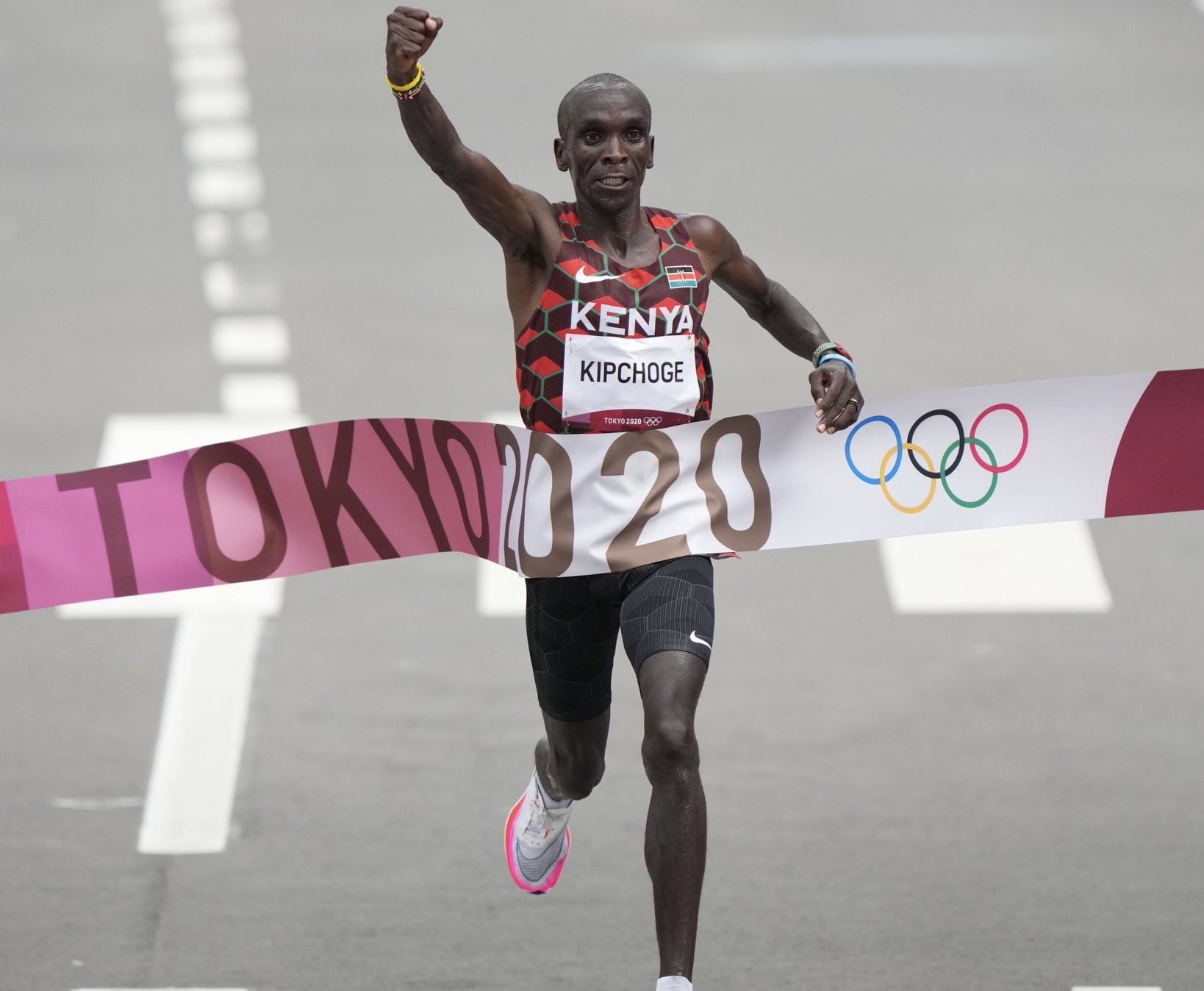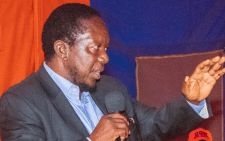Joint effort needed to realise post-Covid solutions

Reeling from the consequences of the Covid-19 pandemic, African countries are yet to come to terms with the harsh reality of its devastating impacts on health and economies.
The latest measures imposed to control the virus have found the majority of the countries totally unprepared to deal with its devastating consequences.
Fragile health systems are stretched to the limit, hospital beds filled to capacity amid shortages of essential drugs and oxygen on top of concerns regarding slow vaccine supply.
The painful impact of lost economic opportunities, businesses, livelihoods, jobs affecting millions of citizens has elicited protests, confusion and desperation among millions of affected citizens.
It is a major cause of worry that needs to be urgently and comprehensively addressed, to tackle high levels of extreme poverty, health and food security issues.
Urgent, broad, serious debate about the priorities of public spending are paramount amid budgetary challenges under strain from the consequences of the pandemic.
African countries including Kenya are also grappling with governance and political issues that are often a major distraction on endemic public health, livelihood and economic issues.
Witness the unfolding realignments and gerrymandering relating to the 2022 succession politics, triggered by the Building Bridges Initiative now before the National Assembly and the Senate.
Challenges exacerbated by SARS-Cov-2 are bigger than our legislators and cascade to the common wananchi, barely surviving under pathetic conditions in sprawling urban slums, ravaged rural villages and marginalised arid and semi-arid lands.
This perennial catalogue of woes and the indifferent if not haphazard response from the political elite demands new thinking and action.
They offer opportunities to grow, develop and emerge from the chaos with a new and more responsive order.
The pandemic has opened up new debates and changes with highly unpredictable consequences.
Conscious effort is required to identify the lessons learned, while moving away from unhelpful patterns of behaviour and negative institutional dynamics.
Instead of dwelling on selfish power-centred interests, legislators and all cadres of leadership must focus on the economic recovery post-Covid, centred on the theme ‘building back better’.
We must equitably and inclusively manage and sustain our human and natural resources, the foundation of economic opportunity and well-being.
Equal and inclusive recovery means ensuring that no one (the majority poor), is left behind.
Pressure on already-strained health systems and economies obligate the government to scale up funding for hospitals and primary health care facilities.
Economic stimuli are required to establish safety nets for vulnerable millions, leverage on technology to expand access to learning and provide opportunities, that surpass challenges and enable uninterrupted access to resources.
Grim statistics indicate the pandemic has triggered an economic collapse that has eradicated three to four years of progress in poverty reduction.
One of Africa’s eminent economists-former Secretary-General of the UN Economic Commission for Africa Carlos Lopes is challenging African leadership to reflect on major demographic, technological and climatic trends.
Political choices on the agenda of direction and change requires reforming the political system, respecting diversity and understanding the context of public policies.
Without broad participation, solutions remain elusive. Trust is paramount between rulers and subjects, so polarisation must be avoided at all costs, since it is destructive.
Citizen cooperation nurtures trust and is more effective than trying to change behaviour using law and coercive authority, although these may be exceptionally necessary.
Responsible media can contribute to social cohesion and growth through clarity, consistency and devotion to the truth. — [email protected]
